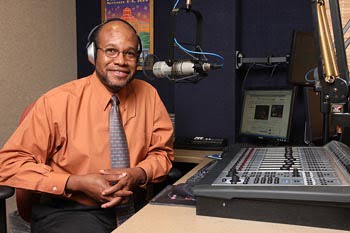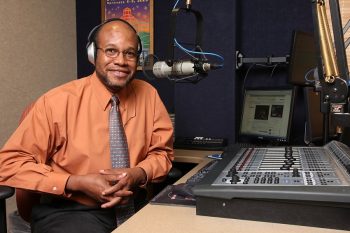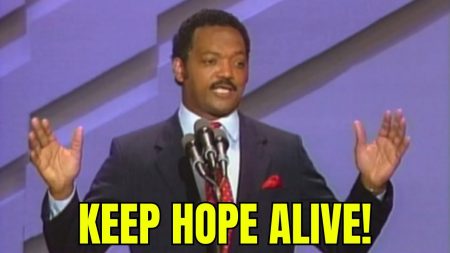Lessons Learned from Casey Kasem

by Errington C. Thompson, MD
Usually, in this space, I discuss political issues of the day.
Today, I’d like to discuss a medical issue that sooner or later will confront all of us. As almost all of you know, Casey Kasem was the sound of Top-40 radio for more than 30 years. I remember eagerly waiting as he counted down the top hits of the day—and hoping that my favorite song was #1. (Getting access to Billboard magazine in those days was nearly impossible unless you worked in the music industry.)
But I really don’t want to talk about Casey’s wonderful wholesome show or his magnificent voice—instead I’d like to talk about the end of his life. Casey Kasem died at age 82. His health had been deteriorating for years. As he was dying his family feuded over every aspect of his life. Where should he be cared for? Who should care for him? What treatments should he get? What were his final wishes?
The first time that it really dawned on me that care for the elderly was something a little bit different was when I took care of a 65-year-old lady who tripped and fell. This lady was very functional. She lived by herself. Unfortunately as she fell she put out both arms to break her fall and she fractured both wrists.
In an instant she became an invalid. Her mind was still sharp, but because of her injuries she was unable to do almost anything. She could not bathe herself. She could not go to the bathroom. She could not dress herself. She could not feed herself. After long discussions with the patient and social workers, the patient was placed in a nursing home for two months while she healed her fractures.
Several years ago I took care of an 87-year-old gentleman who tripped and fell. He was a healthy, independent, active man who had a small subdural hematoma. The patient was awake and alert when I admitted him to the hospital. Several hours later, his son came in from out of town. His son was a doctor. The following morning, per our protocol, we obtained a CT scan of the head: it was unchanged.
Two hours later, the patient was having some word-finding difficulties. His son came in and basically freaked out when his father was having neurologic changes. He wanted a neurology consultation and a repeat CT scan. I asked him why. If we saw a surgical lesion on the CT scan would he want his father to undergo neurosurgery?
The son, the doctor, had no answers. We did repeat the CT scan and it was unchanged, as expected. We consulted a neurologist who told us what we already knew: that the word-finding difficulties should get better and were related to his injury. Here’s the worst part of this tale: the son had no idea what his father’s end-of-life wishes were.
Did the patient want everything done? Did he want to be placed on a ventilator if he stopped breathing, or to be shocked if his heart stopped? The doctor had no clue.
The last patient I will discuss was a particularly sad case. This was an elderly male who was involved in a motor vehicle crash. He had a terrible cervical spine injury: basically, he was paralyzed from the neck down. His daughter was a high-powered executive for a Fortune 500 company. His granddaughter was a special needs child whom he took care of while his daughter worked.
After several days of discussion, he announced that he did not want to live like this. He wanted no further therapy. Several hours later, his daughter announced that her father wanted surgery. He, sadly, was pushed into a decision that he wasn’t comfortable with. All I can do is shake my head when I think about this case. In the end, the patient died after multiple complications.
Currently, one in five Americans is over the age of 65. Over the last 50 years, medical ethics has come to the conclusion that we all have a right to self-determination. Unfortunately, most Americans do not leave clear instructions. Most of us do not have a living will. Most of us do not have a designated Healthcare Power of Attorney. In some states, even if you have filled out a living will, your family can overrule your wishes if you are incapacitated. This is wrong in so many ways.
We have a lot of work to do to fix this problem. We are all going to die at some point. Hopefully, we will have loved ones at our bedside. Shouldn’t we (the one who is dying) make the decisions on what care we want in our last days or hours? An episode of Family Feud shouldn’t break out because a loved one is sick or dying.
Casey Kasem, who died over two weeks ago, still hasn’t been buried. His family cannot agree on this either.







